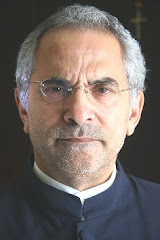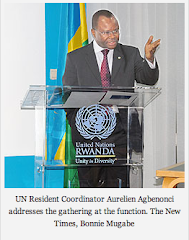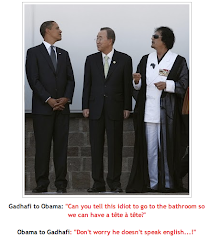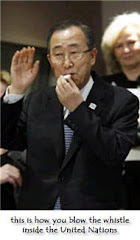 N. Korean leader |
Staff Reporter
North Korean leader Kim Jong-il appears to be suffering from diabetes and high-blood pressure and has been undergoing dialysis every two weeks, the head of a state-run think thank said, Wednesday.
Kim, 68, is on a diet and has succeeded in losing more than 10 kilograms since 2009, according to Nam Sung-wook, director of the Institute for National Security Strategy (INSS), an affiliate of the National Intelligence Service, at a lecture in Seoul.
"He has been on a diet to prevent a second stroke and is now maintaining a weight of around 70 to 73 kilograms," Nam said.
He estimated that Kim, who is 5 feet 10 inches tall, weighed 86 kilograms before he allegedly had a stroke on Aug. 15, 2008.
He claimed that Kim became serious about his diet after he regained his health in January 2009 and lost a significant amount of weight in the following three months.
In 2008, the INSS said Kim had a high chance of having circulatory problems due to obesity.
Nam underlined that the abnormally white fingernails of the North Korean leader supports the growing speculation that he is suffering from chronic renal insufficiency.
Discoloration of the skin is a common symptom of the kidney disease, according to doctors.
The INSS chief noted that the advanced age of Kim is a critical factor that deters a full recovery.
"Given that he was born in 1942, it appears it won't be an easy task for him to regain full health," he said.
According to Nam, the North Korean leader's left hand hardly moved when clapping at a rally on March 7, one of the many signs indicating Kim's deteriorating health.
Kim might be hesitant to undergo a kidney transplant because he is too frail and such a major operation could lead to complications, said Choi Kyu-heon, a medical doctor of Yonsei University's Severance Hospital in Seoul, who treated the late former President Kim Dae-jung's kidney problems.
Observers here suspect that Kim might be against the idea of having major surgery, as this would create a power vacuum in the military-driven communist regime with fears of a revolt or mutiny, while he was hospitalized.
They point out Kim's unstable health will likely continue to raise speculation over a succession in North Korea's leadership.
Kim's third and youngest son, Jong-un, has been considered his heir apparent.
Last month, Kurt Campbell, U.S. Secretary of State for East Asian and Pacific Affairs, reportedly told Seoul's senior officials that Pyongyang's aging leader Kim appears to have only three more years to live in a closed-door meeting during his trip to Seoul.
leeth@koreatimes.co.kr
















































No comments:
Post a Comment